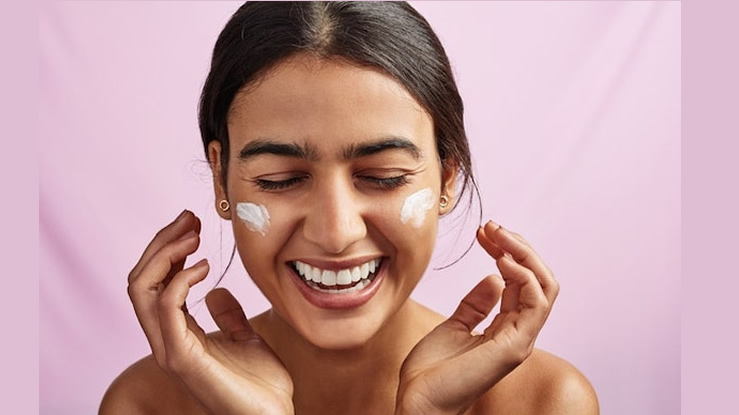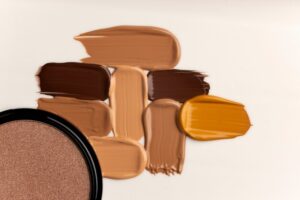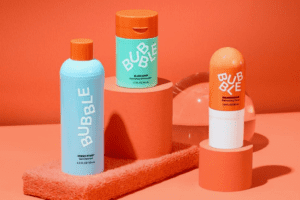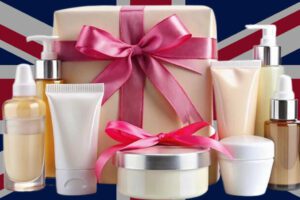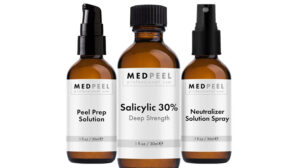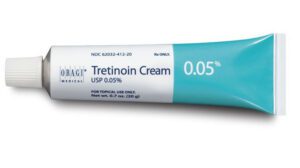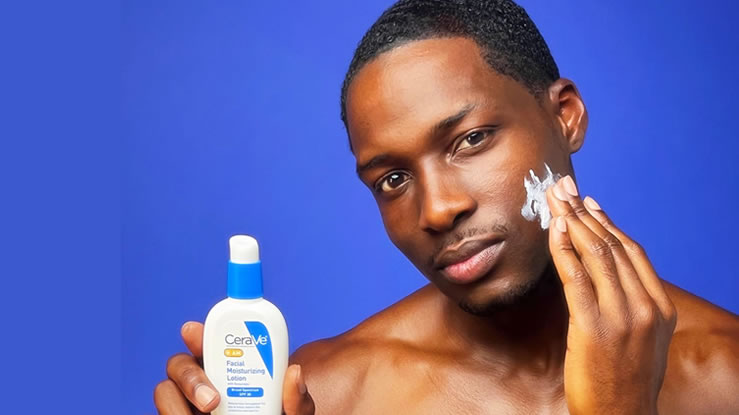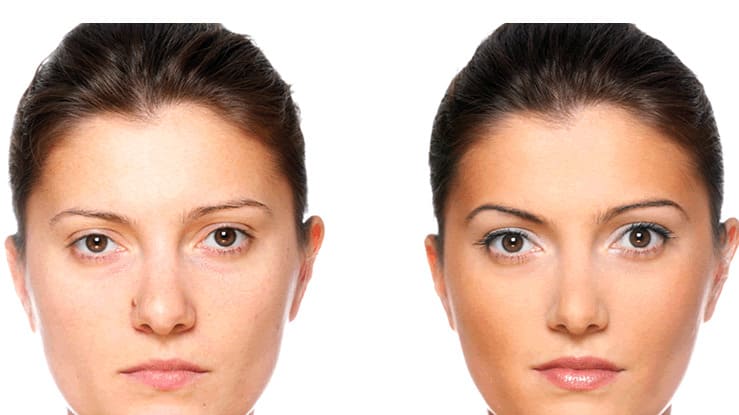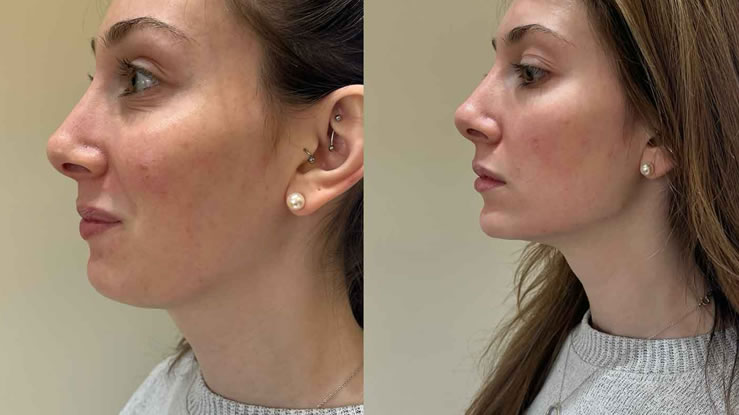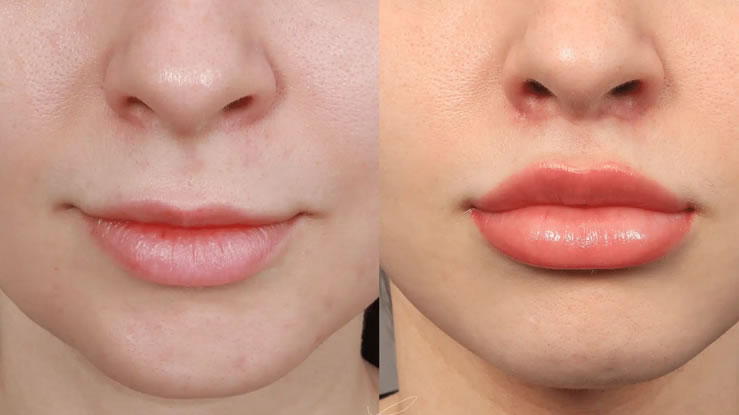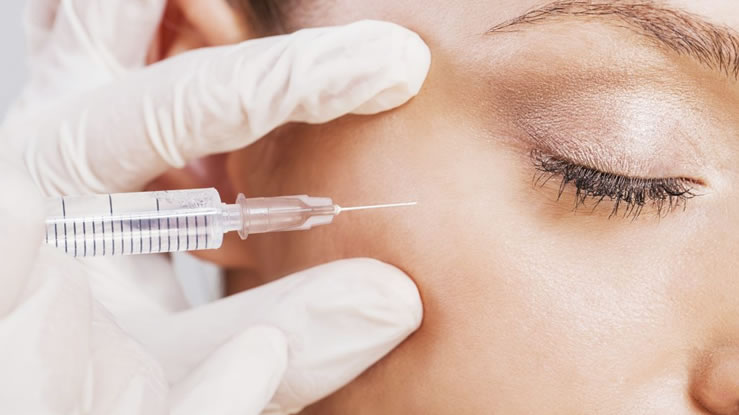Peptides in skincare have gained immense popularity, becoming one of the most sought-after ingredients for youthful, healthy skin. But what exactly do peptides do in skincare, and why are they such a big deal?
In this article, we’ll dive deep into the science behind peptides, their benefits for your skin, how they work, and why they deserve a spot in your skincare routine. Whether you’re a skincare newbie or a seasoned beauty enthusiast, understanding peptides can revolutionize how you approach skin health.
What Are Peptides?
Peptides are short chains of amino acids, which are the building blocks of proteins. In skincare, peptides are often derived from natural sources or synthesized in laboratories to mimic the peptides found in the skin. They play a critical role in maintaining the structure, function, and overall health of your skin.
Proteins in Skin
The most well-known proteins in your skin are:
- Collagen: Provides firmness and elasticity.
- Elastin: Allows skin to stretch and bounce back.
- Keratin: Strengthens the skin’s outer layer.
Peptides act as messengers that signal your skin to produce more of these proteins, ensuring your skin remains firm, smooth, and youthful.
Types of Peptides in Skincare
Not all peptides are created equal, and their functions can vary depending on their type. Here are some common types of peptides used in skincare:
1. Signal Peptides
Signal peptides send messages to your skin cells to boost the production of collagen, elastin, and other proteins. These peptides help to reduce signs of aging, such as fine lines and wrinkles, and improve skin elasticity.
2. Carrier Peptides
Carrier peptides deliver essential minerals, such as copper, to the skin, which are vital for wound healing, collagen production, and overall skin repair.
3. Enzyme-Inhibitor Peptides
These peptides inhibit enzymes that break down collagen and elastin in the skin. By preventing this breakdown, enzyme-inhibitor peptides help maintain the skin’s structural integrity.
4. Neurotransmitter-Inhibitor Peptides
Also known as “Botox-like” peptides, these peptides work by relaxing facial muscles to reduce the appearance of dynamic wrinkles caused by repetitive facial expressions.
What Do Peptides Do in Skincare?
Peptides offer a range of benefits for your skin, targeting multiple concerns and improving overall skin health. Here’s a breakdown of their key functions:
1. Stimulate Collagen Production
Collagen is the most abundant protein in your skin, responsible for maintaining its firmness and elasticity. As you age, collagen production naturally decreases, leading to wrinkles and sagging. Peptides signal your skin to produce more collagen, helping to restore firmness and reduce the appearance of fine lines.
2. Improve Skin Barrier Function
The skin barrier is your skin’s first line of defense against environmental aggressors, such as pollutants and bacteria. Peptides strengthen the skin barrier by promoting the production of essential proteins and lipids, ensuring your skin remains hydrated and protected.
3. Reduce Wrinkles and Fine Lines
By increasing collagen and elastin production, peptides help plump up the skin, smoothing out wrinkles and fine lines. Some peptides also work by relaxing facial muscles, mimicking the effects of Botox.
4. Enhance Hydration
Peptides improve the skin’s ability to retain moisture, leaving it hydrated, plump, and radiant. This hydration boost is particularly beneficial for dry or mature skin.
5. Promote Wound Healing
Certain peptides have anti-inflammatory and repair properties that accelerate the skin’s natural healing process. This makes them effective for addressing redness, irritation, and post-acne marks.
6. Protect Against Environmental Damage
Peptides with antioxidant properties help neutralize free radicals caused by UV exposure and pollution, reducing oxidative stress and preventing premature aging.
7. Improve Skin Texture and Tone
With regular use, peptides can help refine skin texture, reduce the appearance of pores, and even out skin tone, resulting in a smoother, more radiant complexion.
Peptides vs. Other Skincare Ingredients
Peptides are often compared to other popular skincare ingredients, such as retinol, hyaluronic acid, and vitamin C. While these ingredients also provide significant benefits, peptides stand out for their unique ability to mimic natural skin processes. Here’s how they differ:
1. Peptides vs. Retinol
- Retinol accelerates cell turnover and promotes collagen production but can cause irritation, especially for sensitive skin.
- Peptides are gentler and focus on signaling the skin to produce collagen without causing irritation.
2. Peptides vs. Hyaluronic Acid
- Hyaluronic acid is a humectant that hydrates the skin but doesn’t influence collagen production.
- Peptides hydrate the skin while also boosting collagen and elastin levels.
3. Peptides vs. Vitamin C
- Vitamin C is an antioxidant that brightens the skin and boosts collagen production.
- Peptides provide similar collagen-boosting benefits but are better suited for repairing and strengthening the skin barrier.
Who Should Use Peptides in Skincare?
Peptides are suitable for almost everyone, but they are particularly beneficial for:
- Aging Skin: To address fine lines, wrinkles, and loss of elasticity.
- Dry Skin: For improved hydration and barrier function.
- Sensitive Skin: As a gentle alternative to retinol and other active ingredients.
- Post-Acne Skin: To promote healing and reduce redness or scarring.
How to Incorporate Peptides Into Your Skincare Routine
Peptides are versatile and can be found in various types of skincare products, including serums, moisturizers, and eye creams. Here’s how to incorporate them into your routine:
1. Cleanse
Start with a gentle cleanser to remove dirt and impurities from your skin.
2. Apply a Peptide Serum
A peptide serum is the most effective way to deliver peptides directly into the skin. Apply a few drops to your face and neck, gently patting it in.
3. Use a Peptide Moisturizer
Follow up with a peptide-infused moisturizer to lock in hydration and amplify the benefits.
4. Don’t Forget Sunscreen
Always finish your morning routine with sunscreen to protect your skin from UV damage.
Tips for Best Results
- Use peptide products consistently to see long-term benefits.
- Pair peptides with other hydrating ingredients, such as hyaluronic acid, for maximum hydration.
- Avoid layering peptides with strong acids, like AHAs or BHAs, as they can reduce the efficacy of the peptides.
Peptides in Popular Skincare Products
Many skincare brands have incorporated peptides into their formulations. Here are some popular peptide-based products to consider:
- The Ordinary “Buffet”
- Combines multiple peptides for anti-aging benefits.
- Drunk Elephant Protini Polypeptide Cream
- A rich moisturizer packed with peptides to strengthen the skin.
- Paula’s Choice Peptide Booster
- A concentrated peptide serum for targeted results.
Are Peptides Safe for All Skin Types?
Yes, peptides are generally safe for all skin types. They are non-irritating and work well for sensitive skin, making them a great option for those who cannot tolerate stronger active ingredients like retinol or acids.
How Long Does It Take for Peptides to Work?
While you may notice an immediate improvement in hydration and skin texture, the collagen-boosting effects of peptides can take several weeks to become visible. Consistency is key, so stick to your peptide routine for at least 6-8 weeks to see noticeable results.
Do Peptides Have Any Side Effects?
Peptides are well-tolerated by most people and are unlikely to cause irritation. However, if you have extremely sensitive skin, it’s always a good idea to do a patch test before incorporating a new product into your routine.
Peptides are a game-changing ingredient in skincare, offering a wide range of benefits from boosting collagen production to improving skin hydration and texture. Their versatility and gentle nature make them suitable for all skin types, and they can easily be incorporated into your routine through serums, moisturizers, and eye creams.
If you’re looking to elevate your skincare game and achieve firmer, smoother, and more radiant skin, peptides are a must-try ingredient. With consistent use, you’ll be able to reap the long-term benefits of this powerful skincare ally.
You Might Like;>>>What does Rhode lip peptide do?

